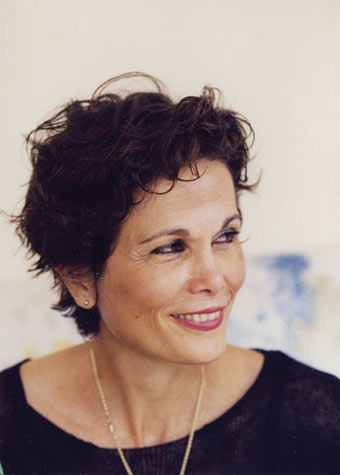Because we got a late start for Hispanic Heritage Month, (it actually started September 15), we are going to spend this whole week, the final week of this particular celebration, featuring Hispanic authors, scholars, educators, and speakers. Next week we’ll get back to celebrating LGBT and Philipino American History.

Julia Alvarez is a Dominican-American poet, novelist, and essayist. She was born in New York City on March 17, 1950, the second of four daughters. Three months later, her parents returned to their native Dominican Republic. They wouldn’t return to the U.S. until Alvarez was 10 years old, although she continued to spend summers in the Dominican Republic.
When I’m asked what made me into a writer, I point to the watershed experience of coming to this country. Not understanding the language, I had to pay close attention to each word — great training for a writer. I also discovered the welcoming world of the imagination and books. There, I sunk my new roots. Of course, autobiographies are written afterwards. Talk to my tías in the D.R. and they’ll tell you I was making up stuff way before I ever set foot in the United States of America. (And getting punished for it, too. Lying, they called it back then.) But they’re right. As a kid, I loved stories, hearing them, telling them. Since ours was an oral culture, stories were not written down. It took coming to this country for reading and writing to become allied in my mind with storytelling.
All through high school, college, and then a graduate program in creative writing, Alvarez knew she wanted to be a writer.
But it was the late sixties, early seventies. Afro-American writers were just beginning to gain admission into the canon. Latino literature or writers were unheard of. Writing which focused on the lives of non-white, non mainstream characters was considered of ethnic interest only, the province of sociology. But I kept writing, knowing that this was what was in me to do.
In order to make a living, Alvarez became a teacher, mostly of creative writing. At first, she traveled around teaching, (what she called being a “migrant writer”), but finally she decided to put down roots. First she taught high school, then college, and finally took a tenure track teaching position at Middlebury College. The same year she earned tenure at Middlebury College, she published her first novel, How The García Girls Lost Their Accents, the first major novel written in English by a Dominican author. “I was forty-one with twenty-plus years of writing behind me. I often mention this to student writers who are discouraged at nineteen when they don’t have a book contract!”
The success of her first book enabled her to finally “make her living as a writer,” and yet it was difficult for her to leave teaching at first, as she’d grown to love it. “After several years of asking for semester leaves, I gave up my tenured post. Middlebury College kindly invited me to stay on as a writer-in-residence, advising students, teaching a course from time to time, giving readings.” She and her partner created Alta Gracia, a farm-literacy center dedicated to the promotion of environmental sustainability and literacy and education worldwide, purchasing the farm in 1996 with the intent to promote cooperative and independent coffee-farming in the Dominican Republic. Her published works include five novels, a book of essays, four collections of poetry, four children’s books, and two works of adolescent fiction
Many literary critics regard Alvarez to be one of the most significant Latina writers. She has achieved critical and commercial success on an international scale, with her writing beloved by readers around the world.